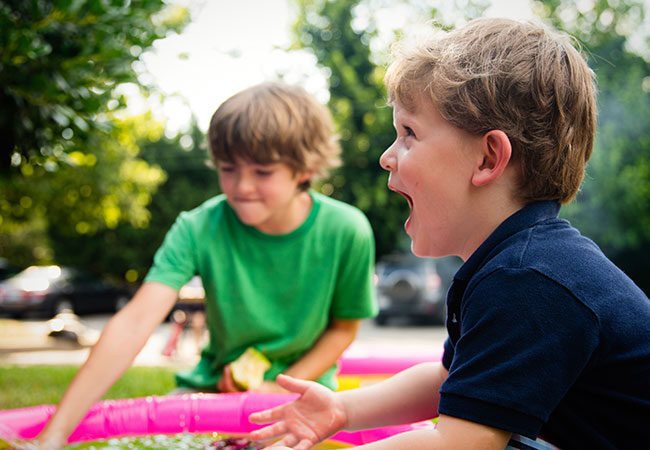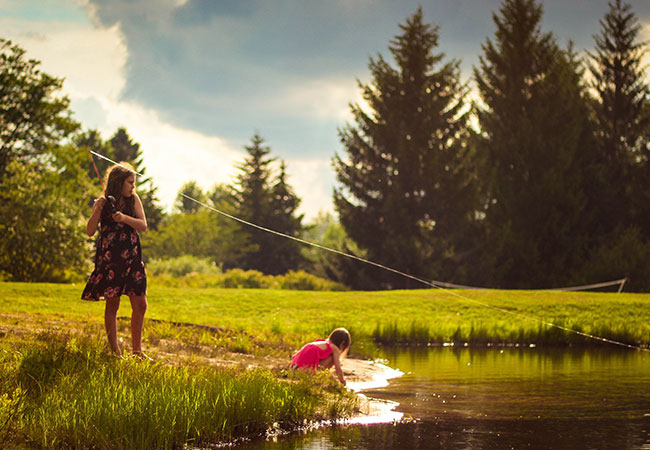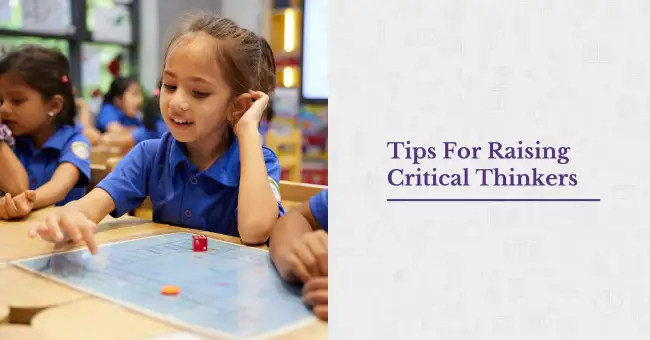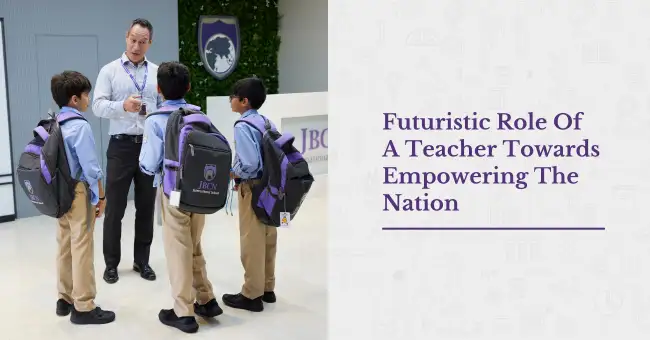
We are all ready to do our very best or at least, try to put in more effort than we possibly can. This is extremely gratifying and we experience the psychologically satisfying feeling of doing our job right. It also helps us deal with our own lack of clarity and direction because of the complexity of human growth and development makes our life very difficult and uncertain. No child is exactly the same as another and no recommendation from experts seems to work in exactly the same manner in every situation that crops up.
After years of grappling with various dilemmas related to the education of children I have understood the value of ‘letting go’. If we are able to allow our children to take risks (emotional, educational and sometimes even physical) they will be better equipped to navigate through the complications that life invariably throws up.
 Each time we resist the urge to help them when they fall, they will get up on their own, brush off and run back to join the game that is life. The invisible safety net that we surround them with has to remain just that ‘invisible’ so as to provide them with the space required to experience difficulty and failure. The risk involved in emotional entanglement with friends, the risk of trying out new experiences, the risk of taking a leap of faith, the risk of exploring unchartered territory, all contribute to a life that is richer and fuller than one that is spent nestled in a cocoon of protection.
Each time we resist the urge to help them when they fall, they will get up on their own, brush off and run back to join the game that is life. The invisible safety net that we surround them with has to remain just that ‘invisible’ so as to provide them with the space required to experience difficulty and failure. The risk involved in emotional entanglement with friends, the risk of trying out new experiences, the risk of taking a leap of faith, the risk of exploring unchartered territory, all contribute to a life that is richer and fuller than one that is spent nestled in a cocoon of protection.The purpose of all natural selection is that we become more adaptive to our environment in order to survive and thrive. In modern times, this requires opportunities for risk taking at home and in school. We have to understand this need and create an environment that will satisfy the natural instinct of curiosity that we are all born with. It will be detrimental to all future generations if we try to curb or sacrifice it at the altar of safety and security. In our classrooms, we have to encourage all thought processes and mind sets so that the spark of risk taking burns bright. The understanding of complex concepts and mastering of difficult skills needs this attitude.
 The future of humankind has to learn from history that starting from the first fire that was kindled to the first spaceship that landed on a distant planet, it is the risk takers who have charted the course of our development. The story of an individual is no different, our natural instinct has to be nurtured to help achieve the full potential of each individual. It is a deliberate choice that we have to make to ensure that our children experience life with its myriad possibilities.
The future of humankind has to learn from history that starting from the first fire that was kindled to the first spaceship that landed on a distant planet, it is the risk takers who have charted the course of our development. The story of an individual is no different, our natural instinct has to be nurtured to help achieve the full potential of each individual. It is a deliberate choice that we have to make to ensure that our children experience life with its myriad possibilities.Ms. Debika Chatterji - Principal
JBCN International School, Borivali





